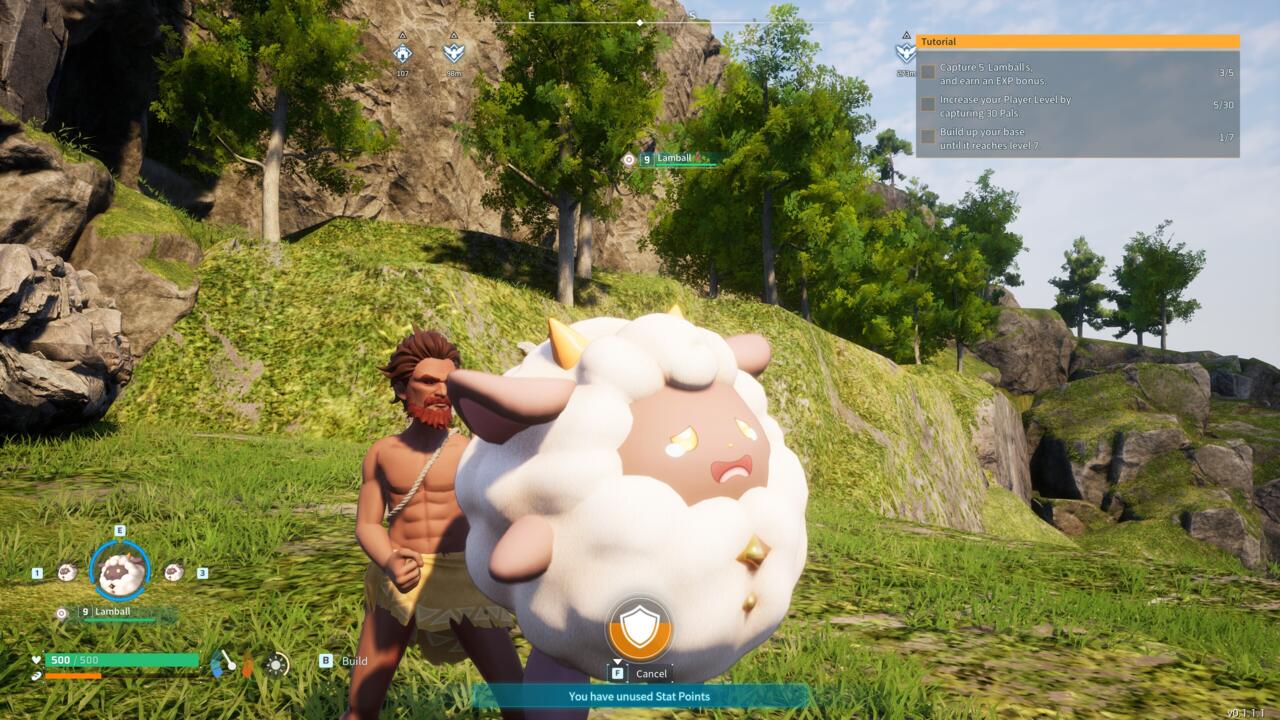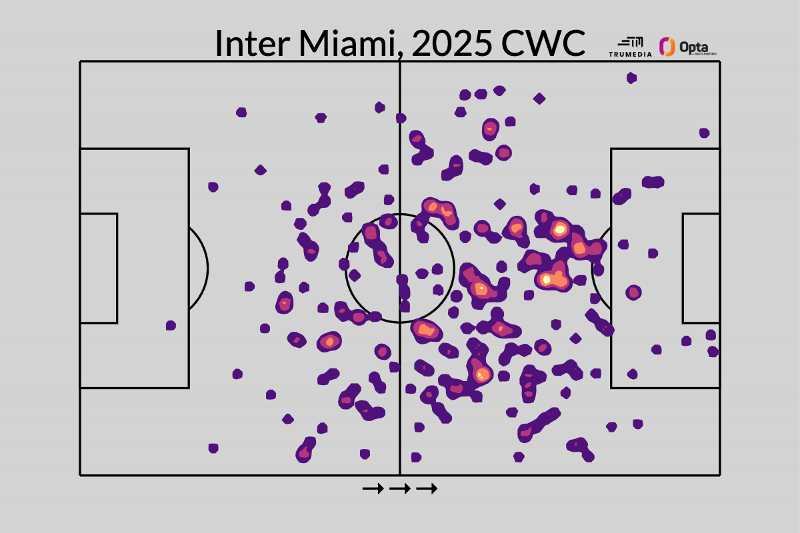Did you hear about this creature collector game that’s been upsetting people lately? In it, you capture wild animals, forcing them out of their habitats and into fighting others, and even breed them for personal gain. Many of the creatures have dark backstories involving death and dismemberment. The cuddly designs of the creatures belie the true nature of a world that preys on its wildlife for fame and fortune. It’s understandably become a lightning rod of criticism, where gamers seeking a wholesome, cozy experience are instead left to confront these simulated analogs of real-life animal exploitation. It’s been an uncomfortable experience to say the least, but, hey, that’s Pokemon for you.
Oh, did you think I meant Palworld? Nope. For the first time in the genre, as far as I’m aware, a creature collector game has owned up to its exploitation-as-gameplay systems–and I appreciate the sincerity.
In Palworld, the latest in a long line of Pokemon-inspired games, the otherwise ubiquitous cognitive dissonance between what a game in this genre says versus what it shows has finally closed. It must be the most cynical creature collector I’ve ever played, and that’s a refreshing perspective in a genre so often tripping over itself to present things as joyous and heartfelt.

You see, in Palworld, you still capture animals, you still force them into fighting other animals, and you even work them to the bone in a home base that is depicted as something closer to a sweatshop or even a labor camp for political prisoners. It’s dark. Darker than Pokemon, or TemTem, or any of the many creature collectors that have come before it.
But none of those predecessors, each of which was very likely labeled a family game and advertised as “wholesome,” was designed to acknowledge that chasm between the gross implications of its world and its cheerful presentation thrown over it like a cute throw blanket on a filthy couch. In fact, they were seemingly made with the hopes that no one would look at them through that particular lens.
But Palworld isn’t embarrassed or bashful. It certainly isn’t cheerful. You can elect to worsen a Pal’s workload from “normal” to higher settings called “cruel” and “brutal” as they’re forced to craft and farm on your behalf, eventually allowing you to automate many in-game processes using, quite literally, their blood, sweat, and tears. From this, the Pals can get sick with stress ulcers. They can suffer from depression. They can, according to an in-game measurement, actually lose their minds.
You also capture them by beating them up with your own fists or melee weapons to weaken them, and as if the stand-in for dogfighting this genre routinely depicts wasn’t enough, Palworld even lets you use one of them as a living (and notably crying) bullet shield. Another Pal is shaped like a noose and named Hangyu, with a backstory that includes actual human torture. It’s over-the-top, arguably grotesque. But damn is it honest.
I look at Palworld and I don’t see a case of “edgelord” humor seeking to derive laughs from an especially disquieting fantasy world, as some have put it. Neither do I see a biting satire on this genre’s penchant for cognitive dissonance, nor the video game industry’s current obsession with morally gray anti-heroes who do bad things but sometimes feel bad about them. I don’t even think it’s meant to say something about the economic systems and the exploitation of the workforce that comes in different flavors around the globe and which it is, incidentally, portraying in every corner of its open world. I don’t think Palworld wants to say anything at all.

I think Palworld is a game that takes elements from major games and genres–Pokemon, modern Zelda, and survival-crafting, namely–and throws them into a pot in an attempt to tally Steam wishlists and sell copies. That’s it. Palworld doesn’t suggest its development team has thought about the severity of its story universe except for the fact that removing a lot of the moral considerations directly benefits the gameplay loop. It’s more fun to automate the farming system, so if you can cast your Pals as slaves to that end, the game is better for it, developer Pocketpair seems to believe.
Whereas other creature collectors have shown a preference to recolor its darker elements in bright hues and hope no one scratches off the paint, Palworld is shaded in pitch blackness and thinks nothing of it. It is shameless, and so it feels like it exists outside of criticism, on this very specific subject anyway. I feel like Ron Burgundy when his dog eats all of his food, “I’m not even mad. That’s amazing.” Playing Palworld gives a distinctly nihilistic impression, and it’s working, as the team is enjoying a massive debut on Steam and Xbox and Palworld has already sold over one million copies in its first eight hours.
Pocketpair saw what worked in some of the medium’s most successful games, it applied them to its game, and at no point did it care to sugarcoat the obviously exploitative practices of its Pal Tamers. It leaned into them. This is what it would look likeI sense it saying. It is a game that bares it all in the chase to become popular and make money. It’s cynical, uncomfortable, and immoral. But unlike Pokemon and the rest, at least it doesn’t pretend otherwise.











.jpg?w=700&c=0)

















































